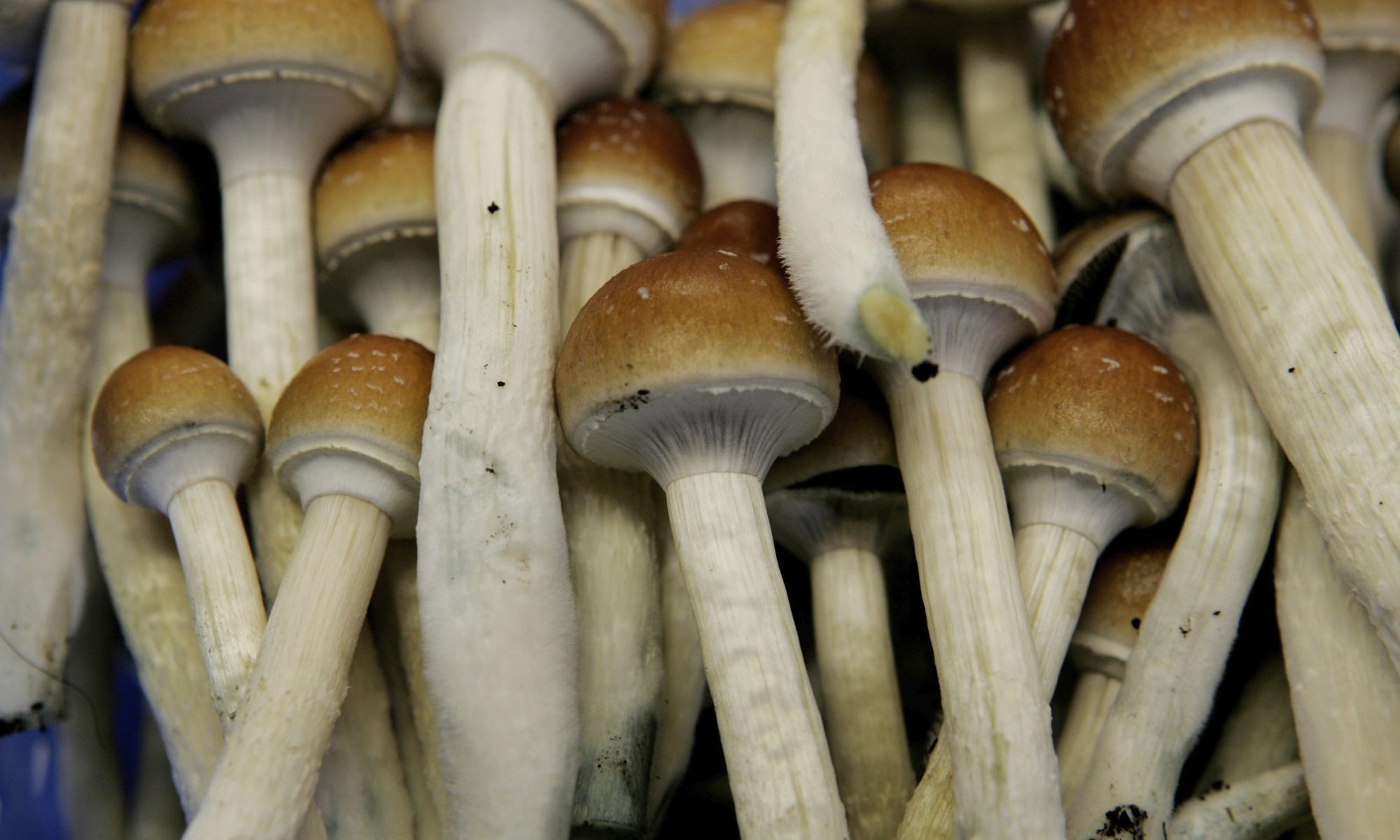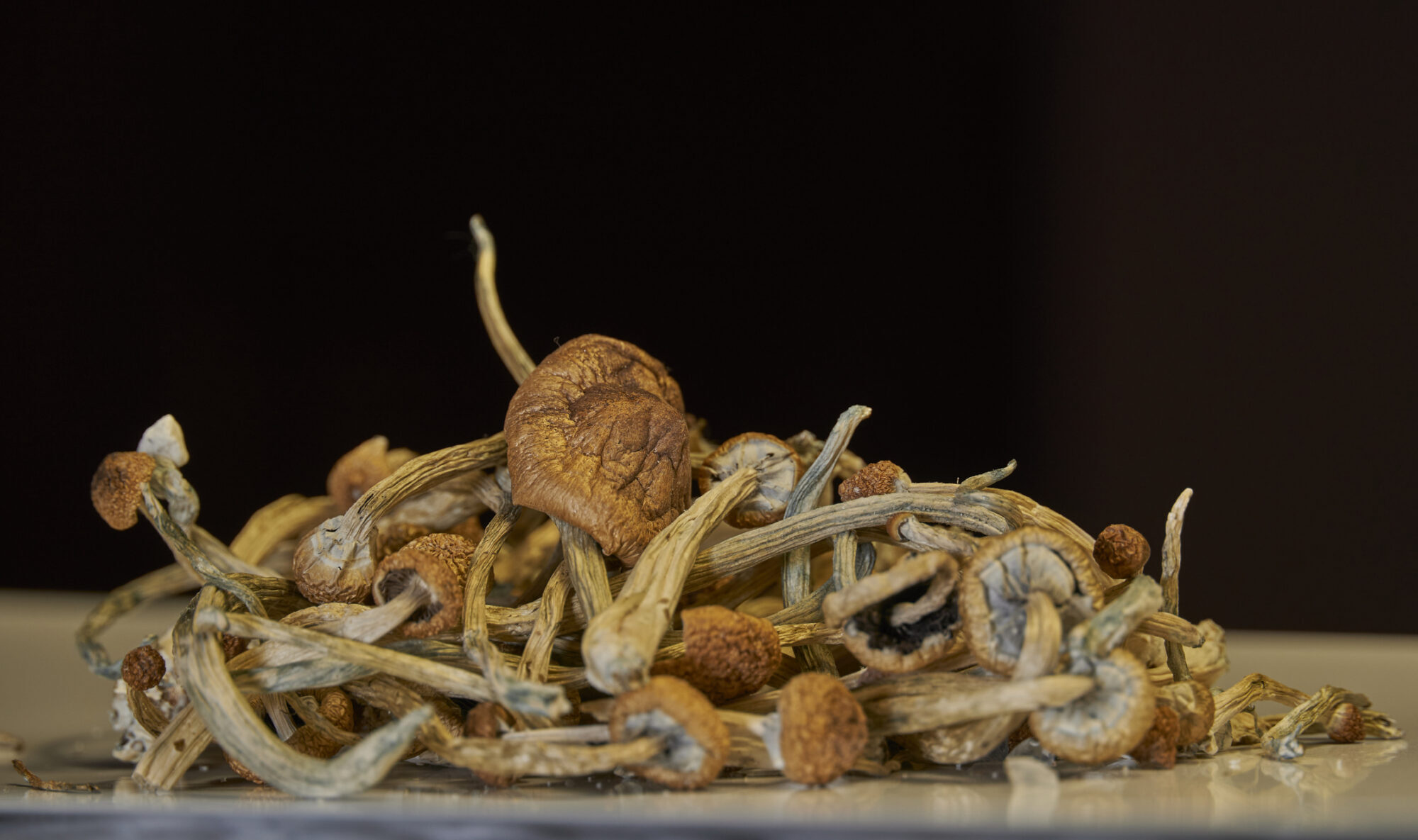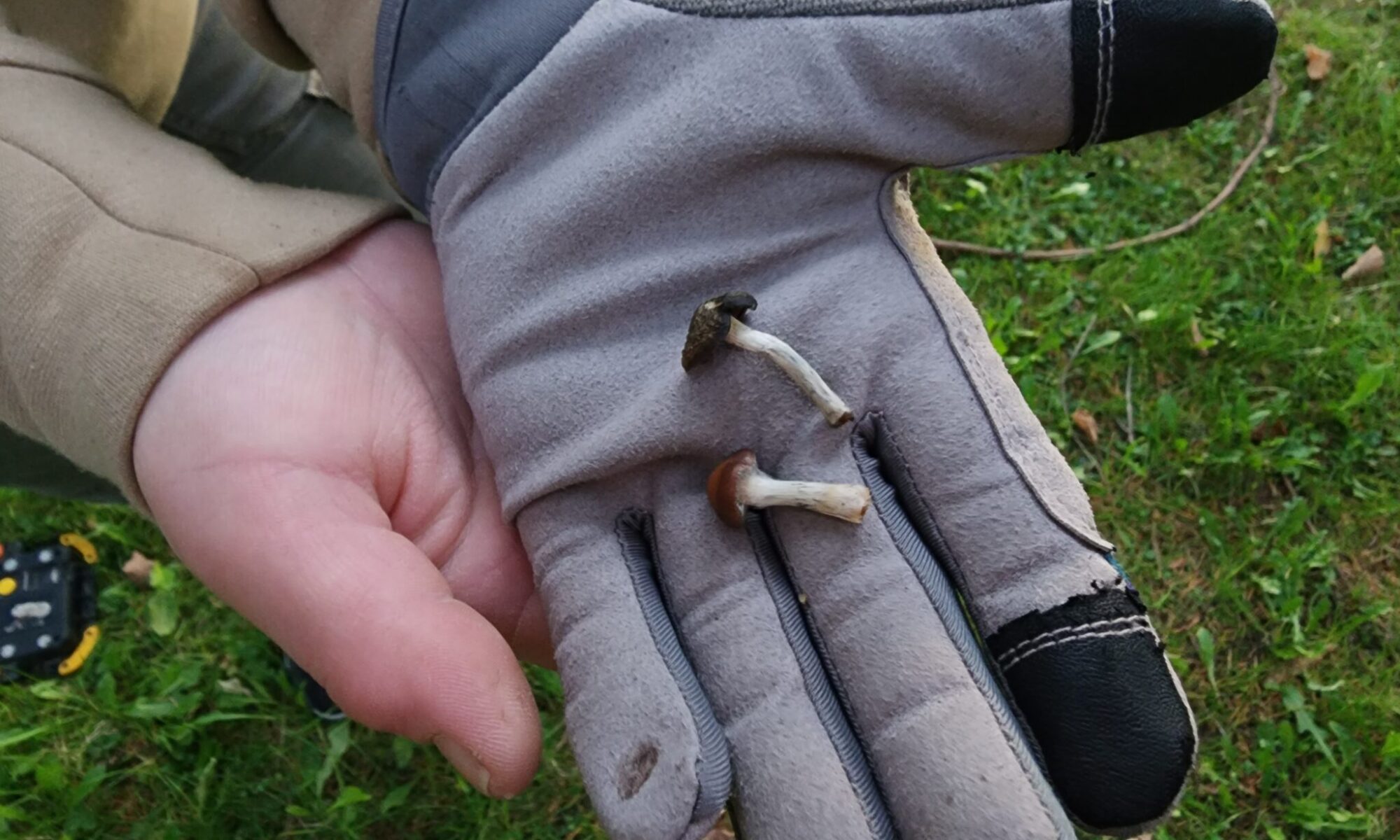Arizona legislators are exploring ways to legalize the therapeutic use of psychedelic substances for treating mental health disorders. In a recent committee meeting, state senators discussed frameworks that could allow supervised medical use of drugs like psilocybin, MDMA, and ibogaine—all currently classified as Schedule I substances.
The proposed measures include potential “trigger laws,” which would take effect if the federal government reclassifies these drugs. Supporters cite growing clinical evidence that psychedelics may offer relief for PTSD, anxiety, and depression. Lawmakers say federal momentum toward FDA approval could accelerate local adoption.
Read the full report from FOX 10 Phoenix.




















